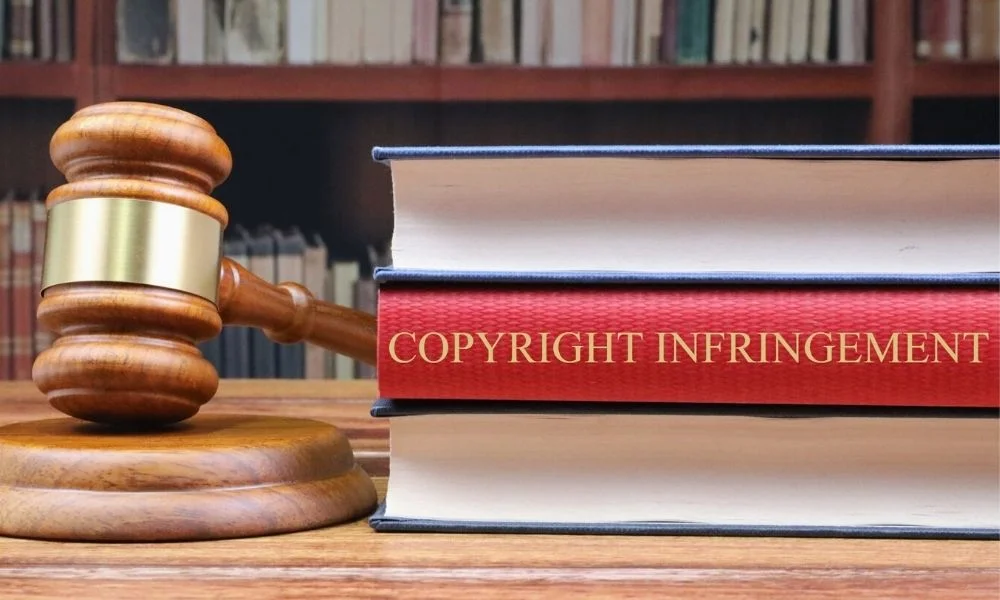
Toronto is a hub of creativity and innovation, home to a thriving ecosystem of startups, artists, and tech pioneers. Yet, copyright misunderstandings are surprisingly prevalent among innovators in the city. A lack of clarity on how copyright works can leave creations vulnerable, land innovators in legal trouble, or lead to costly mistakes.
Here, we’ll debunk some common misconceptions Toronto innovators hold about copyright, explain why these errors are dangerous, and offer actionable steps to protect your valuable work.
Assuming Automatic Protection Is Enough
One common pitfall among Toronto innovators is the belief that copyright protection requires no further action. While it’s true that copyright protection is automatic in Canada as soon as an original work is created, relying solely on this can leave creators at a disadvantage. Without formal registration, proving ownership in a court of law becomes much more challenging.
For example, imagine a Toronto-based tech entrepreneur who develops original code for a workflow optimization app. If a competitor copies their work and disputes its originality, the creator may struggle to prove the code predates the infringement without official documentation through copyright registration.
Tip:
Creators in Toronto should take the extra step of registering their work with the Canadian Intellectual Property Office (CIPO). The process not only strengthens legal protection but also creates a verifiable date of ownership. This proof can be invaluable in case of legal disputes.
Misunderstanding Fair Use (or “Fair Dealing”)
The concept of “fair use,” or as it’s known in Canada, “fair dealing,” often confuses innovators. Many assume they can freely use copyrighted material for projects as long as it’s for a seemingly justified purpose. However, fair dealing only applies to specific exceptions, such as research, private study, criticism, review, or education. Even then, the use must meet certain criteria to avoid being deemed infringement.
For instance, a Toronto-based filmmaker might believe that using a popular song in a video for a nonprofit event qualifies under fair dealing. However, if the use doesn’t clearly align with the educational or review category, they could face a cease-and-desist.
Tip:
Understand the limits of fair dealing in Canada. Whenever in doubt, seek permission from the copyright holder. Licensing agreements are always a safer bet than assuming you’re on legal ground.

Neglecting International Copyright Implications
Toronto innovators often work on projects with global reach, but many fail to consider how copyright laws vary internationally. For example, a Toronto game developer may release their game in the United States, assuming Canada’s copyright protections extend there seamlessly. However, copyright enforcement differs by country, and assumptions about international protection can lead to unauthorized use abroad.
Tip:
If your work is intended for global distribution, familiarize yourself with international frameworks like the Berne Convention, which Canada is a part of. Still, it’s smart to consult IP professionals to ensure your copyright protections are enforceable in your target markets.
Overlooking the Importance of Registration
Many innovators in Toronto assume copyright registration is an unnecessary step, especially for digital works like software or online content. While this shortcuts initial efforts, it leaves IP vulnerable in the long run.
Consider a Toronto-based artist whose illustrated characters are used by another company in their marketing campaign. Without a formal copyright registration, pursuing damages becomes significantly harder, as the burden of proof lies with the creator.
Tip:
Always register significant works, whether it’s art, code, manuscripts, or music compositions. The peace of mind and stronger legal position far outweigh any small upfront fees associated with the process.
Conclusion
Copyright errors are surprisingly easy to make but can come with high costs. Toronto innovators should approach intellectual property with both caution and strategy. Strong copyrights safeguard your creative efforts and ensure you stay in control, no matter how far your innovations reach. Don’t leave your success to chance. Take proactive steps to protect what you’ve worked hard to create.



